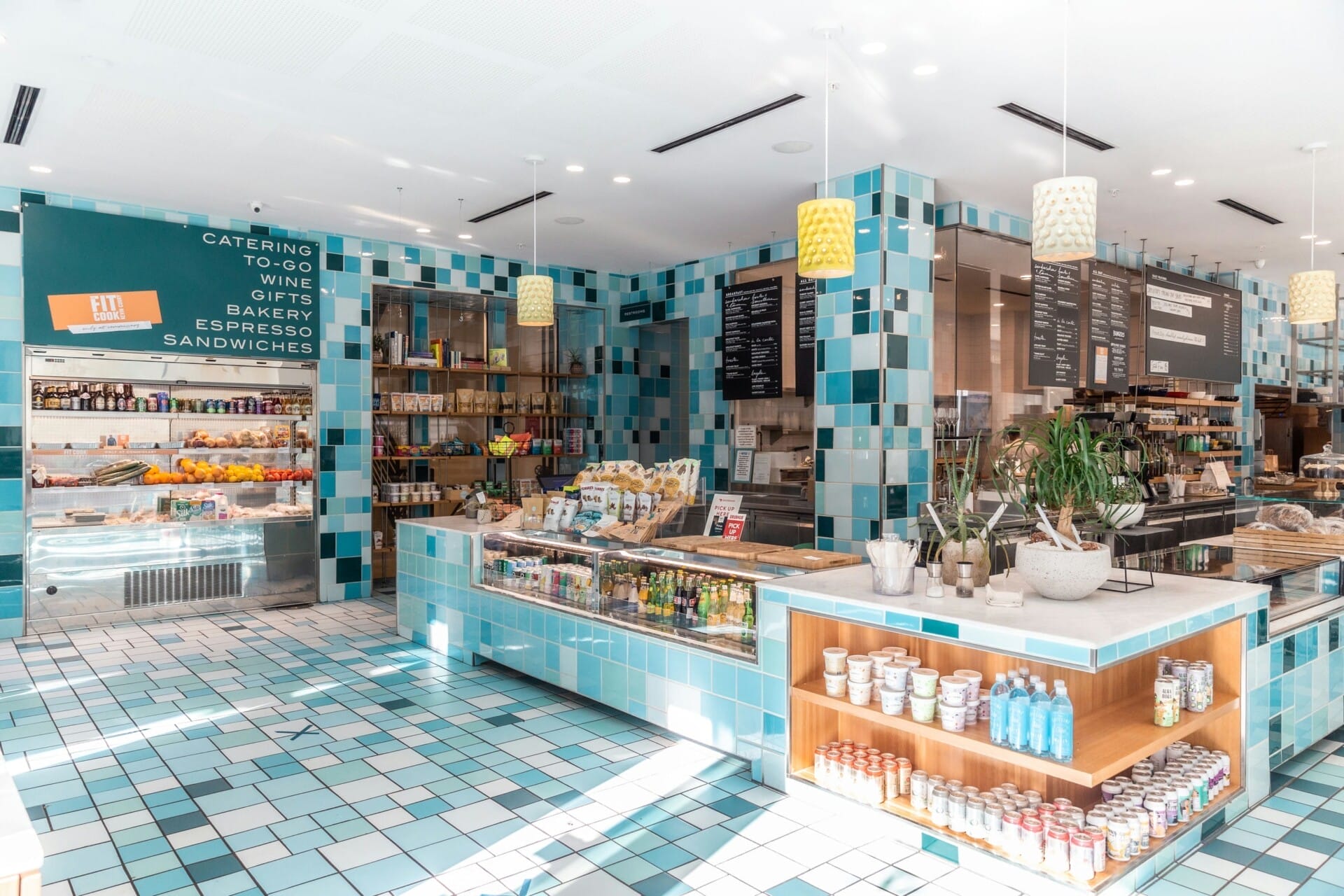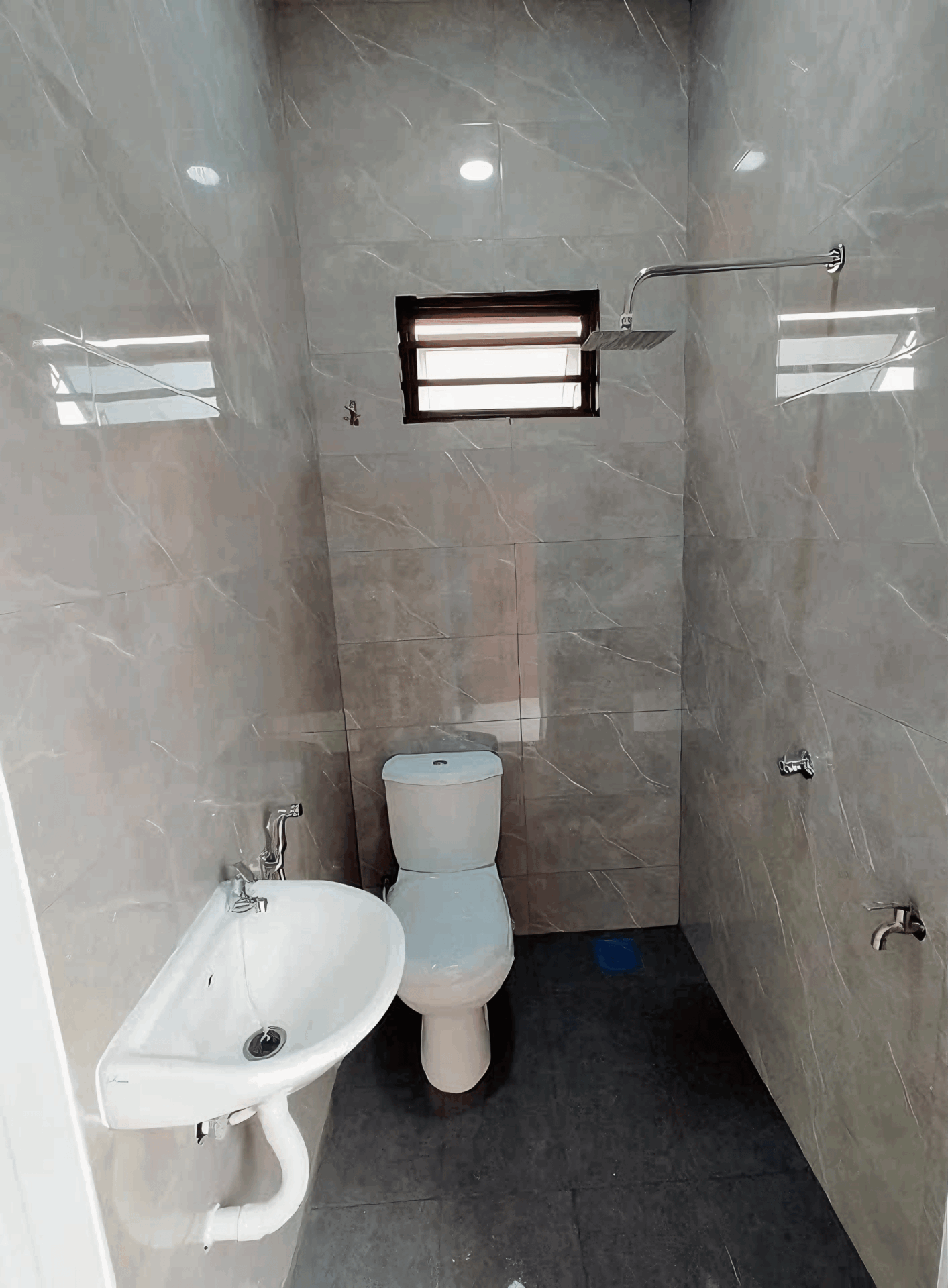
Blog
5 Commercial Construction Secrets Malaysian Businesses Need to Know | RumahHQ

Hey there, fellow Malaysians! If you’re involved in the commercial construction scene or thinking about diving in, you’re in for a treat. Building a commercial space isn’t just about pouring concrete and raising walls; it’s a blend of art, strategy, and some not-so-secret know-how. Today, we’re unveiling five essential secrets that could change the game for your business. Whether you’re a seasoned pro or a newbie in the industry, these insider tips can help you avoid common pitfalls and streamline your projects. So, let’s roll up our sleeves and explore how to make your construction journey smoother and more successful. Ready? Let’s get started!
Understanding the Local Market Trends in Malaysian Construction
Understanding the shifting sands of the Malaysian construction industry is crucial for businesses aiming to thrive. Key to this is recognizing current market demands—the types of commercial projects that are in vogue and the material trends that dominate. For instance, there’s been a noticeable pivot towards sustainable building practices. This shift is not just about being green; it’s also about cost-effectiveness and long-term ROI. Investors are increasingly interested in developments that minimize environmental impact while maximizing efficiency.
Moreover, keeping an eye on urbanization rates can give insightful indicators of where to focus construction efforts. With cities like Kuala Lumpur and Penang continuing to grow, the commercial real estate market is evolving rapidly. Areas surrounding urban hubs are likely to see increased demand for shops, office spaces, and mixed-use developments. Monitoring these regional trends will help businesses align their strategies to seize opportunities as they arise.
| Trend | Description | Impact on Businesses |
|---|---|---|
| Green Building | Focus on eco-friendly materials | Attracts eco-conscious clients & investors |
| Urban Development | Growth in city outskirts | New opportunities for commercial spaces |
| Smart Technology | Integration of tech in building management | Enhances operational efficiency |
However, tapping into these trends isn’t merely a matter of following the crowd; it’s about tailoring business strategies to meet these demands proactively. Engaging with local architects, attending industry events, and networking with other professionals can provide vital insights that aren’t always apparent in reports. Additionally, businesses should consider government initiatives that promote construction projects—these often come with perks such as tax rebates or grants that can ease financial burdens.

Navigating Regulatory Frameworks for Successful Projects
In the realm of commercial construction, understanding local regulations is key. Malaysian businesses must familiarize themselves with the several layers of regulatory frameworks that govern construction projects. These regulations can range from building codes and safety requirements to environmental laws and zoning ordinances. Skipping on this knowledge can lead to costly delays and compliance issues, so it’s essential to know who oversees these regulations at the federal, state, and local levels.
A crucial tip is to engage with the right stakeholders early in your project. This means reaching out to local authorities, environmental organizations, and community groups before breaking ground. By doing so, you can anticipate potential concerns and resolve them proactively. Additionally, having a solid network of professionals, such as engineers and architects who are well-versed in local regulations, can save time and money. Here are some key stakeholders you might want to contact:
- Building Department
- Local Planning Office
- Environmental Agencies
- Professional Associations
Implementing a regulatory checklist can be a game changer for staying organized. Below is a simple overview of what your checklist might include:
| Regulatory Aspect | Requirements | Due Dates |
|---|---|---|
| Building Permits | Site plan, compliance documents | Before construction starts |
| Environmental Assessments | Impact reports, mitigation plans | Prior to ground-breaking |
| Safety Regulations | Site safety plan, worker training | Ongoing |
By remaining proactive and well-informed, Malaysian businesses can navigate these complex frameworks more effectively, ultimately leading to successful project completion without unnecessary hiccups. Remember, a well-prepared business stands a much better chance of thriving in our vibrant construction landscape.

Simple Strategies for Budget Management in Construction
Managing a budget in the construction industry doesn’t have to be a daunting task. One of the simplest ways to keep track of expenses is by breaking down your budget into manageable chunks. Instead of viewing your total budget as a huge sum, consider dividing it into smaller sections like labor, materials, and overhead costs. This will help you monitor where your money is going and identify any overspending in real-time, allowing for quicker adjustments.
Using technology can also streamline your budgeting process. There are several construction management software options available that are designed to track budgets efficiently. Look for solutions that offer features like real-time revenue tracking, expense forecasting, and even automated reminders for upcoming payments. By staying organized and employing digital tools, you can reduce the risk of missing important financial details.
Lastly, always incorporate a buffer in your budget. Building in a contingency fund of around 10% to 15% can protect you from unexpected costs, such as price increases on materials or sudden labor shortages. By planning ahead and allowing room for these fluctuations, you’ll be better prepared to handle surprises without derailing your overall financial plan. Remember, a well-managed budget is the backbone of a successful construction project!

The Importance of Sustainable Practices in Commercial Developments
Sustainable practices in commercial development are becoming increasingly essential for Malaysian businesses looking to thrive in today’s competitive market. By adopting green building techniques, companies can not only reduce their environmental footprints but also enhance their brand image. This approach caters to a growing demand from eco-conscious consumers while contributing to local and national sustainability goals.
Implementing sustainable practices can lead to significant long-term savings. Here are a few ways in which businesses can benefit:
- Lower Operational Costs: Energy-efficient systems and materials can drastically reduce utility bills.
- Improved Employee Productivity: Well-designed, healthy workspaces boost morale and efficiency.
- Access to Incentives: Many local governments offer tax breaks and incentives for embracing sustainable design.
Moreover, integrating sustainability isn’t just a selling point; it’s a way to future-proof your investments. Trends indicate a shift towards regulations that favor eco-friendly practices. By being proactive today, Malaysian businesses can avoid the potential costs associated with compliance in the future. A focus on sustainability not only meets current market demands but also aligns with a broader global shift towards responsible development.

Selecting the Right Contractors and Subcontractors for Your Needs
Selecting the right contractors and subcontractors is crucial for the success of any commercial construction project. Here are some key considerations to keep in mind when making your choices:
- Experience and Reputation: Look for contractors who have a solid track record in the Malaysian construction industry. Check their previous projects, client testimonials, and completion timelines. A good reputation can save you a lot of headaches down the line.
- Specialization: Every project has unique requirements. Ensure that the contractors you consider have the necessary expertise in the specific type of construction work you need, whether it’s high-rise buildings, retail spaces, or industrial facilities.
- Communication Skills: Effective communication is the backbone of successful project management. Choose contractors who are responsive, transparent, and willing to collaborate with you throughout the project. Clear communication helps in preempting issues before they escalate.
Besides just the basics, it’s wise to conduct due diligence by asking for recent project references. This not only gives you insight into their work quality but also provides a chance to hear firsthand experiences from past clients. A great way to gauge reliability is by considering:
| Criteria | What to Look For |
|---|---|
| Timeliness | On-time delivery of projects |
| Quality of Work | Consistent adherence to standards |
| Post-Project Support | Availability for maintenance and queries |
one of the best strategies is to establish a good working relationship built on trust and clarity. Make sure to articulate your vision and expectations clearly from the outset. By doing so, you set a foundation for a productive partnership. Always remember, a thorough selection process not only ensures the right fit but also contributes to the overall success and smooth operation of your commercial construction project.
Innovative Technologies Transforming the Construction Landscape
In recent years, the construction industry has seen a remarkable transformation with the introduction of groundbreaking technologies. One such innovation is Building Information Modeling (BIM), which allows companies to create digital representations of physical and functional characteristics of a project. This technology facilitates enhanced collaboration and communication among stakeholders, reducing errors and improving efficiency. By accurately visualizing the project before construction begins, businesses can save time and cut costs significantly.
Another game-changer is 3D Printing, which is revolutionizing the way structures are built. With this technology, construction materials can be printed on-site, allowing for quicker assembly and less waste. It opens up new possibilities for design innovation and customization, enabling Malaysian businesses to meet unique client demands while maintaining sustainable practices. Imagine being able to fabricate intricate architectural elements or entire structures directly from a digital model—this is quickly becoming a reality.
Lastly, the rise of Smart Construction Technologies, including drones and IoT devices, is setting a new standard in monitoring and managing construction sites. Drones provide aerial insights that help in surveying and tracking progress, while IoT devices collect real-time data to improve safety protocols and resource management. Here’s a quick look at how these tools are affecting construction:
| Technology | Benefits | Implementation |
|---|---|---|
| BIM | Improved collaboration, reduced errors | On design phase |
| 3D Printing | Customization, faster construction | On-site |
| Smart Technologies | Real-time data, enhanced safety | Throughout project |

Building Relationships: Networking Tips for Industry Professionals
Networking is all about forging genuine connections that can elevate your career in the commercial construction industry. Start attending local events, trade shows, or community meetings where you can meet other professionals. Share your insights, experiences, and challenges; people appreciate openness. Dive into social media platforms like LinkedIn to connect with peers, share content related to commercial construction, and engage in conversations around trending topics. Remember, you’re building relationships that can unleash collaboration opportunities and professional growth.
Also, don’t underestimate the power of mentoring. Seek out mentors who have championed the Malaysian construction landscape. These seasoned professionals can share invaluable insights, help you navigate complex projects, and introduce you to influential contacts in the industry. On the flip side, consider mentoring those just starting out. Teaching others is not just a way to give back; it can also reinforce your expertise and may lead to unexpected partnerships.
brace yourself for the power of follow-ups. After meeting someone new, drop a quick email or message to express your pleasure in connecting. *Keep your tone friendly and personalize your message* based on your conversation. Regular check-ins can keep your contact fresh, especially as projects evolve or new opportunities arise. Create a simple table to track your connections—who they are, when you met, and reminders for follow-ups to ensure you stay engaged:
| Name | Date Met | Notes | Next Follow-Up |
|---|---|---|---|
| Ahmad Zain | 2023-09-15 | Discussed green building initiatives | 2023-10-15 |
| Siti Rahman | 2023-09-20 | Collaborated on a recent project | 2023-11-01 |
| Tan Wei | 2023-09-25 | Connected over project management tools | 2023-10-30 |

Leveraging Quality Control for Long-Term Success in Projects
In the competitive realm of commercial construction, maintaining high standards is essential for keeping projects on track and enhancing overall outcomes. Quality control goes beyond mere compliance; it ensures that every aspect of a project meets the required specifications while also aligning with client expectations. By incorporating rigorous quality management systems, Malaysian businesses can identify potential issues early on, minimizing costly delays and maintaining project timelines.
Implementing quality control measures can foster a culture of accountability among team members. Regular inspections and checkpoints can highlight areas needing improvement, making it easier for everyone to stay aligned with project goals. Here are some key practices to consider:
- Regular Training: Continually educate your workforce on best practices and standards.
- Feedback Loops: Encourage open communication to address issues swiftly.
- Documentation: Keep accurate records of inspections and compliance to create accountability.
Moreover, utilizing technology can enhance quality control efforts significantly. Incorporating tools such as construction management software allows for real-time updates and monitoring, providing a clearer view of project progress. Consider setting up a central dashboard that tracks quality metrics, deadlines, and contractor performance. This not only enhances visibility but also empowers managers to make informed decisions quickly. A well-organized approach to quality control lays the foundation for not just immediate project success, but also long-term growth and reputation in the Malaysian commercial construction industry.
Final Thoughts
As we wrap up our exploration of the five commercial construction secrets every Malaysian business should keep in their toolbox, it’s clear that navigating this complex landscape doesn’t have to be daunting. Whether you’re planning a sleek new office, a cozy retail space, or a sprawling warehouse, having the right knowledge can make all the difference.
Remember, it’s all about being informed and making connections. The Malaysian construction scene is full of potential waiting to be tapped into—so don’t hesitate to reach out, ask questions, and collaborate with experts in the field.
And who knows? Your next project might just become the talk of the town! So go ahead, take these secrets to heart, stay curious, and build your dreams into reality. Happy constructing!
kontraktor rumah
bina rumah
pinjaman lppsa
pengeluaran kwsp
spesifikasi rumah
rumah batu-bata
pelan rumah
rekabentuk rumah
bina rumah atas tanah sendiri
kontraktor rumah selangor
rumah banglo
Source link











